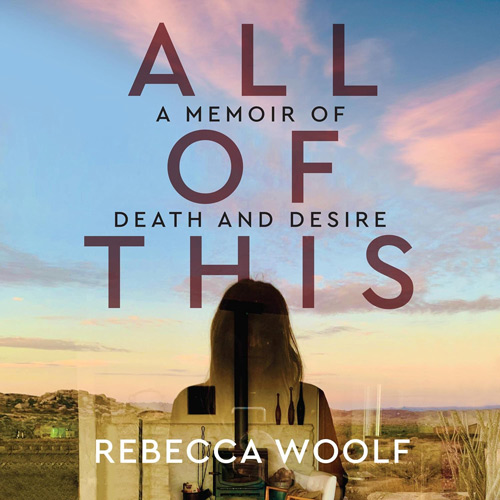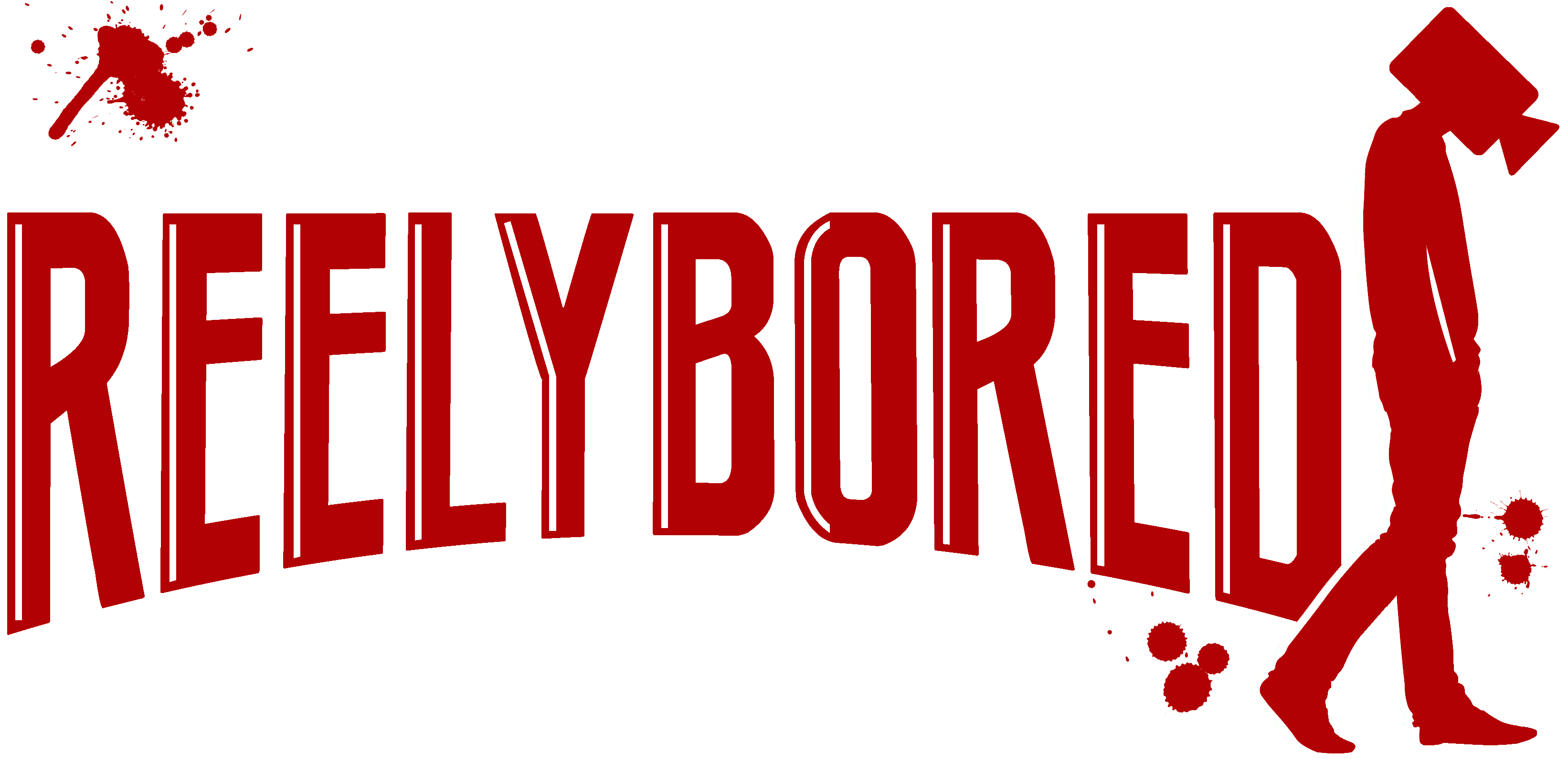All of This Book Review Non-Fiction Book Review

After years of struggling in a tumultuous marriage, writer Rebecca Woolf was finally ready to leave her husband. Two weeks after telling him she wanted a divorce, he was diagnosed with stage four pancreatic cancer. Four months later, at the age of forty-four, he died. In All of This, Woolf chronicles the months before her husband’s death—and her rebirth after he was gone. With rigorous honesty and incredible awareness, she reflects on the end of her marriage: how her husband’s illness finally gave her the space to make peace with his humanity and her own. Stunning, compelling, and brilliantly nuanced, All of This is one woman’s story of embracing the complexities of grief without shame—as a mother, a widow, and a sexual being—and emerging on the other side of a relationship with gratitude and relief.
Non-Fiction Book Review: All of this
Broken. This is something I deduced after reading the first few pages of Rebecca Woolf’s All of This, so it was no surprise what I was getting myself into with this book. To say that this book was a downer would be an absolute understatement. That being said, it puts us, the readers, in her shoes and we are with her every step of the way as Woolf describes, in excruciating detail, the woes of what she is going through.
Woolf seemed to live a life of forlorn and regret after marrying her husband. She makes no qualms about this. However, when she is on the brink of leaving him and moving on with her life, he drops the mother of all bombs on her – he has stage four cancer. It was a situation that, for lack of a better word, pissed her off. She wanted out of the marriage but didn’t want to be seen as the bad person for leaving her husband during this difficult, and trying, time for him. And so, she did what anyone in her position is prone to doing – she stayed with him, at least until he passed. That came four months later.
In All of this, Woolf portrays a life of regret, guilt, and a suppressed life. Having married Hal at 22 years-old, and having four kids by the time she was 29, Woolf wanted out of the marriage. The two married in Vegas, a shotgun wedding – already a red flag. She was pregnant when they wed, a marriage of necessity, it seemed, rather than love. This sentiment showed itself when Rebecca strayed from their young marriage on numerous occasions with no qualms about it. Woolf’s turmoil and unhappiness certainly comes across in this book and her words and actions are just downright depressing sometimes. It was disturbing reading about the strife she was in. Her life, after Hal’s death, became her freedom, to do as she pleased without having to be bogged down by the “rules” of a marriage. This is what she wanted, to be free. But there was also the guilt – the guilt of having that feeling of being free of Hal and of her having little to no shame, nor regret, in having this sense of freeness with no remorse. It was guilt of not having the feeling of guilt for her freedom. She was free to explore things and have the life that would put her to shame as a married woman. Now, there is no one there to judge her. She explored her sexuality and promiscuity with no abandon. It was a life she felt like she missed out on and wanted and now she can, finally, do as she pleases.
Make no mistake, the marriage was not without its problems and there was a reason for her feelings of being trapped and regret marrying Hal. They dated for about four months when she, unexpectedly, became pregnant with his baby. This was the beginning of the end. She kept the baby and felt that marriage was perhaps the right thing to do. Little did she know the path that this marriage would lead her towards. It is in this marriage that she learned the true nature of Hal and his rage. There were many “truths” revealed about Hal and explained Woolf’s fleeting desire to escape.
“What if we all spoke truthfully about our feelings and experiences? What if we weren’t afraid of being chastised for our humanity? What if, we felt safe enough to open the parts of ourselves we have been culturally conditioned to keep closed—didn’t have to call each other brave for saying the things we know to be true, and instead of protecting our families from knowing our pain, allowed them to understand what we risk by saying nothing. So many of us say nothing. Raise our daughters to say nothing. Send the message to our sons, that no matter what they do to us—we will say nothing.”
– Rebecca Woolf, All of This
All of This is a well-written account by Woolf and a brutally honest look into the life a woman who wore a mask for a long time showing the world a perception deemed acceptable, even traditional, while hiding what was buried within. In the end, Woolf is closer to finding who she is as a person, a human being with flaws and regrets. Some may read this and judge her. But Woolf is brave for putting herself and her true feelings and emotions on display for the world to read, knowing that she will be judged and chastised. Heck, I am guilty of that myself upon finishing the read. The book left me with a plethora of mixed emotions, including sadness, anger, fury, disgust, and, yes, even a little judgment. But, upon further reflection, who am I to judge? This is her truth, and even though some would say her actions are abhorrent and unforgivable, others will sympathize with her. There is a lot to unpack in this book and, as already mentioned, it is a bit of a downer. It is a book that reveals truths. Woolf led a life of lies, of smoke and mirrors. With this memoir, she can release and move forward with the life she sees fit to live.
